Entry Category: Folklore and Folklife - Starting with D
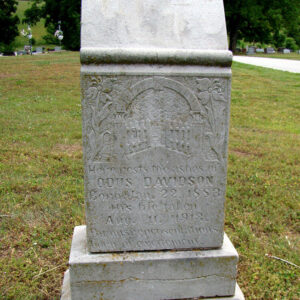 Odus Davidson Gravestone
Odus Davidson Gravestone
 Delta Dirt Distillery
Delta Dirt Distillery
Dialects
Diamond Bear Brewery
Distilleries
Dixie Cafe
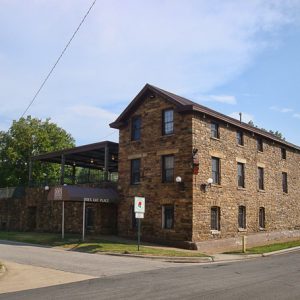 Doe's Eat Place
Doe's Eat Place
 Jimmy Driftwood
Jimmy Driftwood
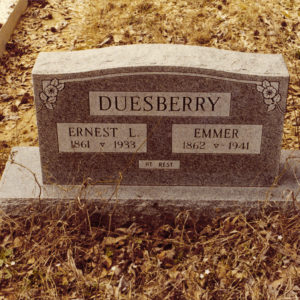 Dusenbury Grave
Dusenbury Grave
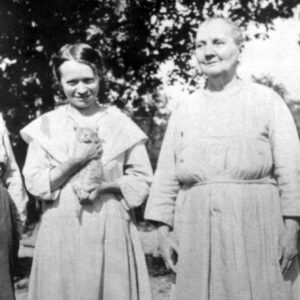 Emma Dusenbury
Emma Dusenbury
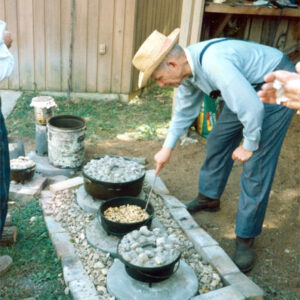 Dutch Oven
Dutch Oven
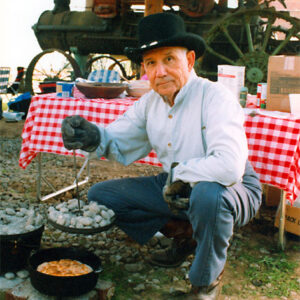 Dutch Oven
Dutch Oven




